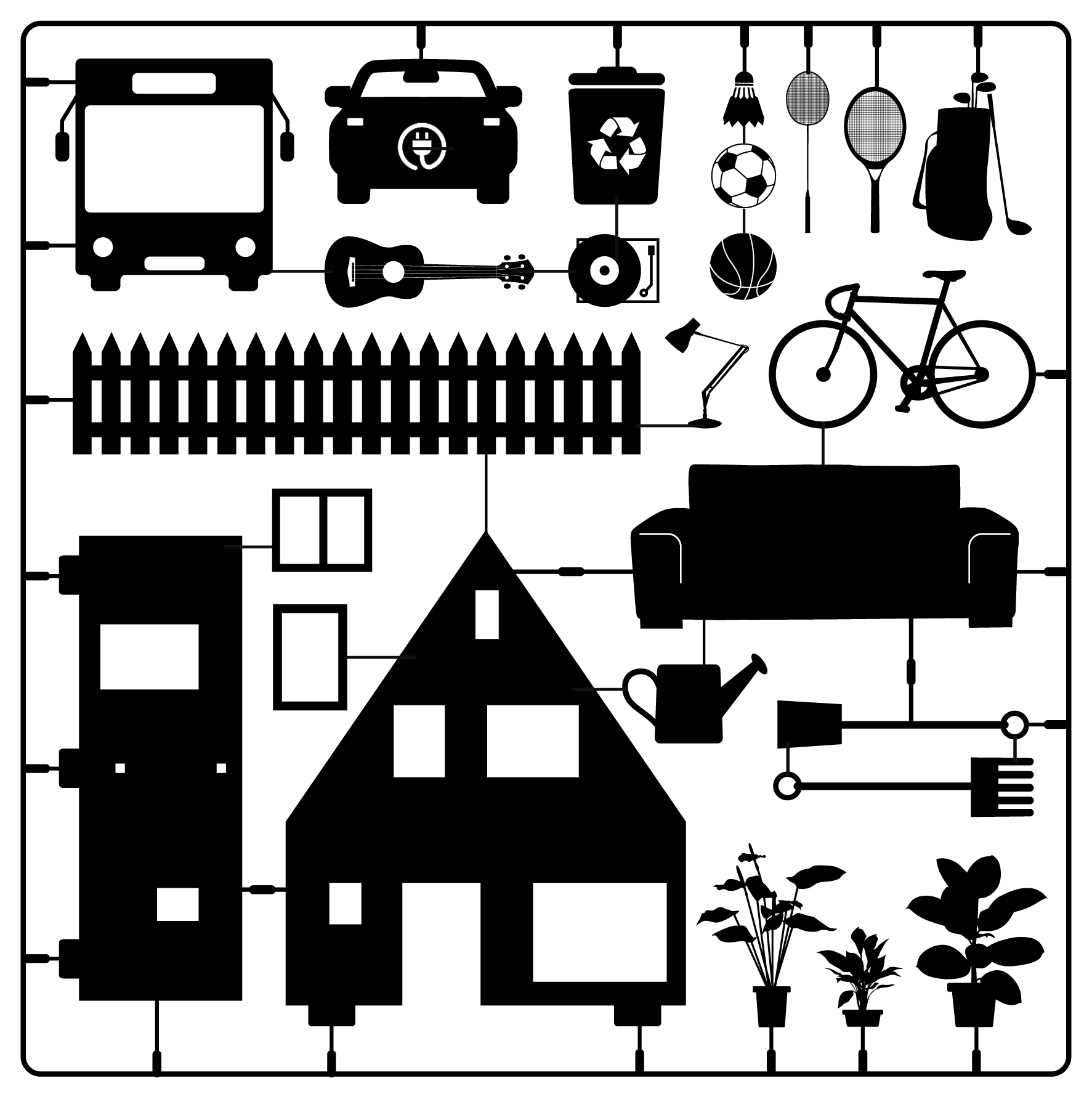It’s been a while since we last posted anything on the website, but you can be sure that the group is still active!
We’ve continued to be very busy – looking at potential sites, visiting and talking to other cohousing groups, talking to policy makers, housing professionals and developers, recruiting new members and generally working hard on bringing this project to life.
Community-led housing is very much in the news these days. This includes many different types of development:
- Community Land Trusts are a form of community-led housing, set up and run by ordinary people to develop and manage homes as well as other assets. CLTs act as long-term stewards of housing, ensuring that it remains genuinely affordable, based on what people actually earn in their area, not just for now but for every future occupier.
- Co-operative and mutual housing schemes are all different, but part of what makes them successful is their ability to enable local people to develop housing in the way that is right for them. A successful co-operative and mutual housing scheme usually has a community membership made up of the residents. The housing organisation is democratically controlled by the community membership.
- Cohousing communities are intentional communities, set up and managed by the residents. Each household has a self-contained home as well as sharing some community space. Residents come together to manage their community, share activities, and regularly eat together. The community can be inter-generational, or specifically cater for people who are older or for women or other groups. The community is governed in a non hierarchical way, often using consensus decision making. Cohousing groups often host wider community activities in the shared space and common house.
MUCH members have been clarifying what Cohousing is to councillors and housing professionals, and how it differs from Co-operative housing, and have also indicated the benefits that Cohousing schemes for older people in particular can bring to the city. These are described in Maria Brenton’s paper Senior cohousing communities – an alternative approach for the UK?
